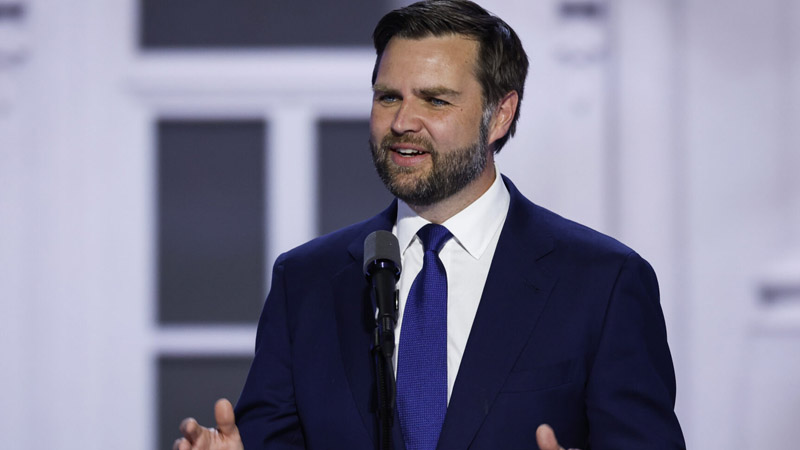Vanderbilt Professor: Interpreting Trump’s 2024 Win as Ideological Mandate is ‘Wrong’

(trump.com)
Vanderbilt University Political Science Professor John Sides is pushing back against cable news pundits who he believes are misinterpreting the results of the 2024 election. Specifically, Sides argues that Donald Trump’s victory does not represent an ideological mandate, as some commentators have suggested. Taking to X (formerly Twitter) on Thursday, Sides explained why this view misses the mark and oversimplifies voter behavior.
Sides highlighted that ideological interpretations fail to capture the broader trend of vote shifts across various parties since the COVID-19 pandemic. “It doesn’t help explain why parties of all ideologies lost vote share post-COVID,” Sides noted. He cautioned that voters often do not base their choices primarily on policy, as political science research suggests this process is typically less straightforward.
According to Sides, the notion that voters first form opinions on policies, and then align with candidates who share those views, is largely inaccurate. Instead, he contends that voter behavior frequently works in reverse: “It exaggerates how much voters vote based on policy. So much PoliSci shows how difficult that is and how, in fact, it’s often the reverse: voters choose policies based on whatever their preferred candidate is advocating.”
This perspective emphasizes that many voters align their beliefs with their chosen candidate or party, rather than meticulously vetting policies in advance. Sides also pointed out a common misconception among new political leaders. Often, when one party takes power, leaders interpret this as a signal that voters are unified in a specific direction for the country.
Sides finds this assumption misguided, noting that shifts in public opinion are not as ideologically driven as many assume. “And then voters… go in the opposite direction,” he said, referencing what is known as the “thermostatic model of public opinion.” This model suggests that public opinion often swings away from the direction the government is taking, a dynamic he has highlighted after past elections.
To clarify his position, Sides mentioned he made similar observations after previous elections, including 2012. His stance is not influenced by opposition to Trump, he says, but rather by a consistent interpretation of political behavior and public opinion trends. Sides’ analysis underscores a pattern where elections rarely represent clear ideological mandates, despite narratives suggesting otherwise.
Sides has reiterated his views across multiple election cycles, such as in 2004, 2008, and 2012, emphasizing that elections seldom reflect a comprehensive voter-driven endorsement of specific policies. Reflecting on these patterns, he stated, “Voters don’t make choices by first formulating views on all sorts of issues, then figuring out where the candidates stand on these issues, and then choosing the candidate whose views best represent their own.”
He added, “In fact, often that story runs in reverse: they choose a candidate based on party or whatever, and then line up their views on issues to match the candidates.” Sides’ perspective suggests that voters are influenced more by party loyalty and candidate preference than by detailed policy alignment. His analysis serves as a reminder that interpreting election results as clear ideological mandates oversimplifies the complexities of voter behavior. As political leaders and pundits analyze Trump’s win, Sides’ insights call for caution against viewing the outcome as a sweeping endorsement of specific policies, urging a more nuanced understanding of the dynamics at play.




